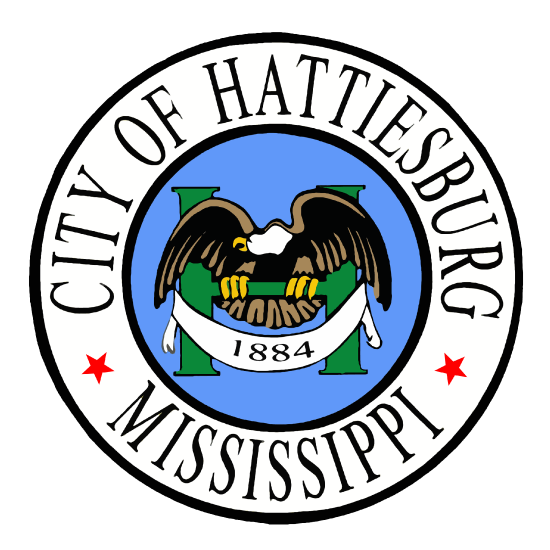Hattiesburg, Mississippi – Hub City Transit is launching the second phase of its master planning process to seek feedback from residents, visitors and students about three different concepts for the future of transit in the Hattiesburg area. This round of public input will build on the results from phase one, which took place in April 2021.
“Based on a data-driven analysis of local transit needs and public input from earlier this year, planners have developed three different scenarios for what transit could look like in our area over the next five to ten years,” said Andrew Ellard, director of Urban Development for the City of Hattiesburg. “We look forward to hearing the public’s feedback as we work to finalize recommendations for future service improvements.”
According to Ellard, the concepts under consideration are long-term and assume funding levels similar to comparable transit systems in the Southeast. All concepts would maintain ADA and wheelchair accessibility, extend service into the evening, introduce Saturday service, and expand transit service beyond the City of Hattiesburg. The three concepts under consideration are a Bus Route Redesign concept, a Mostly On-Demand concept, and a Hybrid System concept.
Bus Route Design: This concept would rework the locations where fixed routes travel so that routes are more efficient and direct; remove service in areas with low demand; add new routes; and shift the main transit hub from the Train Depot to the Cloverleaf area at the intersection of US Highway 49 and US Highway 11. This concept would not include on-demand transit service.
Mostly On-Demand: This concept would replace all existing bus routes, except for the Gold route on the University of Southern Mississippi campus. This concept would include on-demand transit that would be available to most people in the Hattiesburg area. The on-demand service would be available for any trip beginning or ending at a major destination such as a medical facility, school, shopping center or social service provider. To use on-demand transit, customers would request service through a mobile app or phone call. This service is similar to ridesharing services like Uber or Lyft but with the following key differences: on-demand transit would be more affordable; users would typically be riding with other passengers in the vehicle; and the overall trip may be slightly longer.
Hybrid System: This concept would provide bus route service primarily in areas with the highest demand; rework the locations where fixed routes travel so that routes are more efficient and direct; use multiple transit hubs; and introduce multiple, smaller on-demand transit zones where individuals could use on-demand transit to travel anywhere within a zone or connect to a fixed route bus at a transit hub to reach destinations beyond a zone.
Those who wish to participate may visit hubcitytransit.com to take the online survey and let planners know which transit system concept they prefer. The survey is available now through October 1.
The Hub City Transit Master Plan, a joint effort between the City of Hattiesburg and the Hattiesburg-Petal-Forrest-Lamar Metropolitan Planning Organization to improve transit service, is looking at and planning for current and emerging needs in and around Hattiesburg, Petal and surrounding portions of Forrest and Lamar counties.
Following the current survey on potential transit system concepts, a draft plan will be completed later this year. At that time, the public will again be invited to weigh in and make comments.
Individuals interested in the planning process are encouraged to sign up to receive project updates and submit questions and comments by emailing the project team at mpo@hattiesburgms.com. Additional information, including project updates, is available at www.hubcitytransit.com.
ABOUT HATTIESBURG-PETAL-FORREST-LAMAR METROPOLITAN PLANNING ORGANIZATION
Metropolitan Planning Organizations (MPOs) are regional transportation planning agencies, which provide a forum for cooperative decision-making concerning area-wide transportation issues.
The MPO was created by federal and state law to develop transportation plans and programs that encourage and promote the implementation of transportation systems. These plans and programs embrace the various modes of transportation in a manner that maximizes the mobility of people and goods.
The Hattiesburg-Petal-Forrest-Lamar MPO Policy Committee is the primary committee responsible for developing policies and procedures to guide the transportation planning process for the Hattiesburg Urbanized Area.
##


